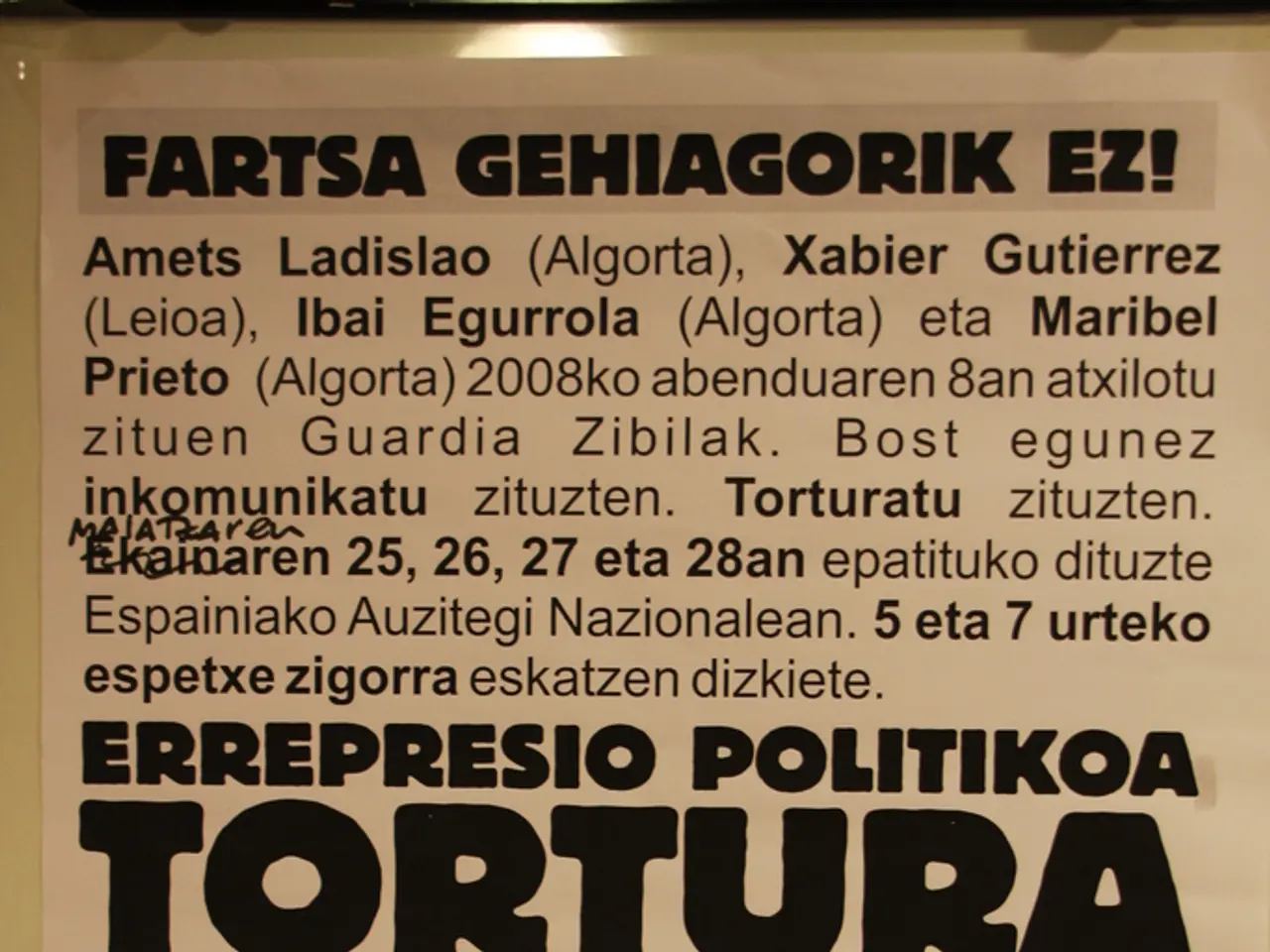Extradition Debate Rages in Mexico
Review of the extradition law is a top priority for Ricardo Monreal, the coordinator of Morena in Mexico's Lower House of Congress
A heated debate is unfolding in Mexico regarding the nation's extradition procedures, with a particular focus on a proposal by Ricardo Monreal, coordinator of the Morena party in the Chamber of Representatives, to prevent the use of fast-track procedures in such cases.
Monreal, who has been linked to concerns about extradition, has argued that the current expedited extradition process bypasses essential legal safeguards and undermines the autonomy of Mexico's judicial system. He has emphasized that his proposed law would require all extradition requests to undergo full legislative and judicial scrutiny, eliminating the possibility of bypassing standard procedures.
This debate is expected to be a focal point in upcoming congressional sessions, with many questioning the balance between the need for swift extraditions for international cooperation in combating organized crime and the need to respect due process in all cases. The call comes after 29 high-profile criminal suspects were extradited to the United States, causing concern about judicial transparency and national sovereignty.
The public's perception of this legislation could be influenced by high-profile cases or controversies surrounding specific individuals, as seen with Monreal's situation. Some citizens on social networks speculate about Monreal's potential fear of being extradited, alleging ties with organized crime groups. However, it's important to note that these allegations have not been substantiated.
The implications of extradition laws extend beyond national borders, impacting international relations. If a country accelerates extradition procedures, it might be seen as compromising national sovereignty and eroding protections for its citizens. Extradition agreements can also strain international relations if they are perceived as unfair or if they lead to controversy over criminal justice practices between countries.
In conclusion, while specific details about Monreal's proposed legislation are not yet available, discussions around extradition generally involve complex legal, political, and international issues. Any efforts to alter extradition procedures would likely face scrutiny and debate regarding their implications for national sovereignty, legal fairness, and international relations.
Meanwhile, Mexico's state-owned oil company, PEMEX, continues to send fuel shipments to Cuba, a topic that remains separate from the extradition debate. Additionally, a 40-day spiritual protest against a Marilyn Manson concert is taking place in San Luis Potosi, a matter unrelated to the extradition discussion.
[1] Some citizens on social networks speculate about Monreal's fear of being extradited, alleging ties with organized crime groups. [2] Monreal argues that the current expedited extradition process bypasses essential legal safeguards and undermines the autonomy of Mexico's judicial system.
Read also:
- Southwest region's most popular posts, accompanied by an inquiry:
- Discussion between Putin and Trump in Alaska could potentially overshadow Ukraine's concerns
- Tinubu's administration allegedly causing issues within every political party as Peter Obi's name surfaces - Obidient Movement asserts
- Court petitions to reverse established decision on same-sex marriage legalization








